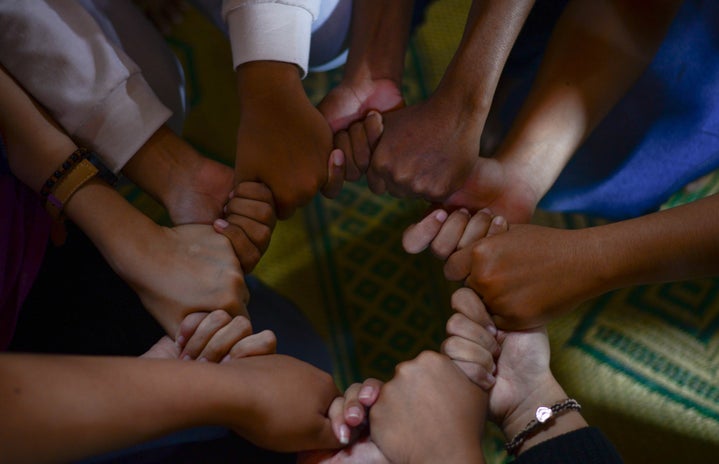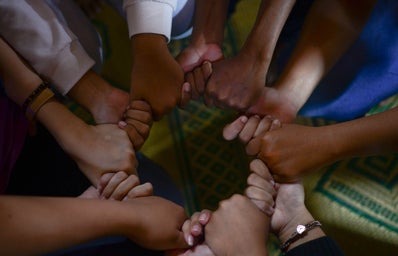The Andaman and Nicobar Islands are home to diverse indigenous tribes, including the Great Andamanese, Onge, Jarawa, and Sentinelese. Living in relative isolation, these tribes maintain distinct cultural identities. Their traditional lifestyles revolve around hunting, fishing, and gathering, relying on the rich biodiversity of the islands. Strongly connected to nature, they use traditional tools and techniques. However, modern influences and external contact pose threats to their unique ways of life, emphasizing the importance of respecting their autonomy and preserving their cultural heritage.
Who truly understands nature better ? This question often arises when faced with impending natural disasters. Is it the original inhabitants with their sixth sense of nature or is it the others who have embraced science as a shield against such natural calamities?
Understanding how to engage with indigenous tribes, like those in the Andaman and Nicobar Islands, demands a delicate balance between respecting their autonomy and the necessity for responsible interaction. The portrayal in the new Netflix show- “Kaala Paani” highlights the tribes’ deep connection with nature and their inherent understanding of it. This connection has historically endowed them with the ability to predict, adapt, and survive amidst natural calamities.
“Tinnotu- When you understand things too deeply, you know when the other is in pain. Even if there’s the slightest pain, you know they are going through something.”
This quote from the series underscores a profound empathy and understanding that these tribes have towards nature and one another. It reflects a wisdom that is both intuitive and profound, derived from a longstanding relationship with their environment. Their survival during the 2004 tsunami and in the face of the mysterious disease in the series underscores their deep knowledge of the land and their ability to interpret signs that elude scientific instruments.
However, it’s crucial to acknowledge that while the tribes’ way of life is invaluable and has much to teach us, they’re not stuck in time. Their isolation and traditional practices should be respected, but it doesn’t mean they should be left untouched by the progress or assistance that the modern world can offer. Initiatives should prioritize sustainable development, incorporating education, healthcare, and technology in ways that align with their cultural values. Collaborative efforts must involve the tribes, ensuring their active participation in decision-making processes. By respecting their autonomy and cultural integrity, modern interventions can empower these communities to navigate the changing world, fostering a balance between preserving their heritage and embracing beneficial aspects of progress without jeopardizing their unique identities.The real key lies in a respectful, consensual, and collaborative approach.
The “development” agenda, often synonymous with imposing modern standards and commercial interests, should be reevaluated when it comes to these indigenous communities. Instead, efforts should focus on understanding their needs, preserving their way of life, and collaborating to enhance their well-being while preserving their autonomy. Respecting their choice to remain secluded while also providing avenues for them to benefit from the advancements of the world, if they so wish, is the true essence of a balanced and ethical approach. This involves listening to their perspectives, understanding their traditions, and co-creating pathways that respect their cultural values.
It’s imperative to see the tribes not as “violent” or “hostile” but as guardians of a unique and invaluable way of life. It’s a perspective shift—where instead of forcing change upon them, we work on mutual understanding and collaboration. In conclusion, the correct approach involves a blend of preserving their heritage, learning from their sustainable practices, and offering support and opportunities without compromising their autonomy. It’s a nuanced balance that acknowledges their wisdom, respects their choices, and seeks to merge the best of both worlds for the betterment of all involved.


